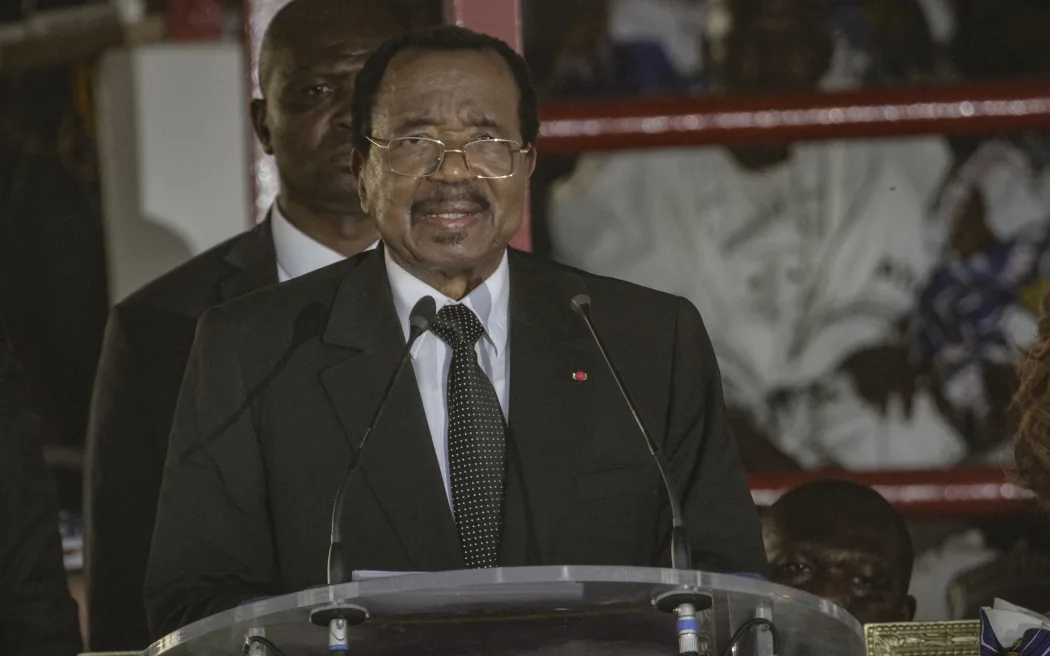
Cameroon’s presidential election, held on Sunday, October 12, is drawing significant attention as votes are counted and tensions rise across the nation.
Incumbent President Paul Biya, 92, is vying for an eighth consecutive term, which would extend his rule to a staggering 43 years.
However, his bid for re-election faces a formidable challenge from nine other candidates, with former ally Issa Tchiroma Bakary emerging as one of the favorites.
Despite Biya’s advanced age and extended tenure, his candidacy continues to dominate the political landscape.
The final election results are expected within 15 days, with many closely monitoring the outcome to determine whether the long-standing president can retain power or if a new political era will emerge.
Interior Minister Paul Atanga Nji confirmed that voting across the country took place “hitch-free.”
However, the election process was marred by calls for a boycott in the English-speaking regions of the country, where tensions remain high.
There were also reports of clashes in the northern regions, particularly in Garoua, Tchiroma’s stronghold. Supporters of the 76-year-old candidate clashed with security forces after his residence was cordoned off. The unrest resulted in the use of tear gas by authorities in a bid to control the situation.
Before the election, Tchiroma had expressed concerns for his safety, claiming that he was the target of threats.
In a defiant statement, he told reporters, “It is not Tchiroma who is the problem,” adding that he “places himself under the protection of God and the Cameroonian people.”
He made it clear he would not flee his home, stating, “I am at home; I will not move.
If they intend to come and take me away from home, I will not move.”
Amid these developments, Biya’s administration faced criticism from opposition parties for alleged attempts to suppress opposition support.
In August, the Constitutional Council barred Maurice Kamto, a 71-year-old opposition leader widely seen as the main challenger, from participating in the race, further intensifying political divisions.
Tensions were particularly high in the two Anglophone regions, where separatists attempted to prevent citizens from voting. While some residents still cast their ballots, many others stayed home, fearing reprisal attacks.
In a statement, Interior Minister Nji emphasized that the election had been conducted peacefully in all 10 regions, but he did not address the disturbances in Garoua.
He also warned against any premature announcement of election results, a move that he described as a “major red line,” threatening legal action against any violators.
As the country waits for the official results, Cameroonians are left to ponder whether President Biya will continue his long reign or if new leadership will emerge from the political turbulence.
The outcome of this election could have profound implications for Cameroon’s future, as citizens grapple with issues of governance, stability, and national unity.



